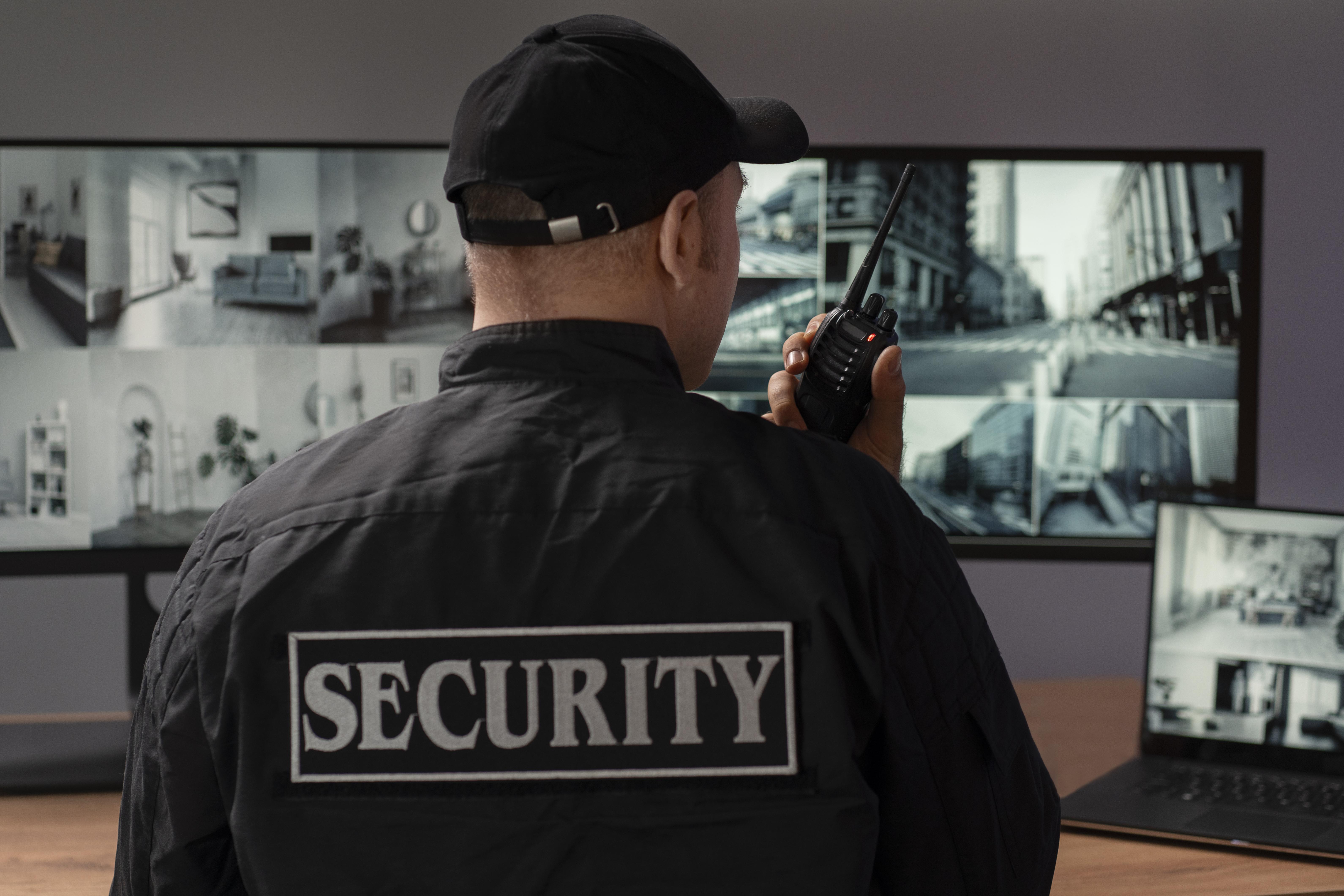Introduction
As Singapore continues to evolve into a global business and logistics hub, the demand for reliable and professional security services has never been higher. From high-rise offices in the CBD to logistics parks in Tuas and events in Marina Bay, organizations across the city-state are prioritizing safety, access control, and emergency preparedness.
Whether you're a property manager, event organizer, or business owner, understanding how security guard services in Singapore have progressed—and what to expect in 2025—is essential. If you’re planning to hire security guards in Singapore, this article covers everything you need to know about regulations, industry trends, technology integration, and what makes a provider truly reliable in today’s security landscape.
1. Security Services Are Now Business-Critical
In the past, security guards were viewed primarily as deterrents or on-site watchers. Today, they play a much more dynamic and business-critical role. A trained security guard not only protects your premises but also:
-
Enhances brand reputation by maintaining a safe environment
-
Assists with customer service and access control
-
Monitors for compliance and internal risks (especially in retail and logistics)
For organizations focused on business security in Singapore, engaging professional security personnel is no longer an option it’s a core component of operational continuity.
2. Licensing and Compliance Still Matter
If you're planning to hire security guards in Singapore, always ensure the agency is licensed by the Police Licensing & Regulatory Department (PLRD). This ensures the guards are:
-
WSQ-certified (Workforce Skills Qualifications)
-
Trained in basic law, customer service, first aid, and emergency response
-
Paid fairly under the Progressive Wage Model (PWM)
In 2025, PLRD regulations continue to shape the professionalism and accountability of security firms in Singapore, and non-compliance could expose your business to legal and reputational risks.
3. Technology Is Transforming Guard Services
The modern security guard is no longer working in isolation. Many agencies now equip their teams with tech-based tools to increase visibility, tracking, and incident response. Common features include:
-
Real-time GPS patrol tracking
-
Incident reporting apps
-
CCTV integration and mobile surveillance
-
Digital visitor logs and access control
By combining manpower with smart solutions, agencies improve efficiency, accountability, and value—especially important for large sites or those requiring 24/7 coverage.
4. Specialization Is Key
The type of security guard you hire should align with your environment. For example:
-
Retail & Shopping Malls: Guards trained in customer service, theft prevention, and CCTV monitoring.
-
Corporate Offices: Personnel familiar with front desk duties, access systems, and VIP protocols.
-
Industrial & Logistics: Guards capable of vehicle checks, hazardous area access control, and shift-based operations.
-
Event Security: Temporary deployment teams skilled in crowd management and emergency response.
In 2025, more agencies in Singapore are offering tailored solutions by industry. When evaluating providers, make sure they understand your specific business and risk profile.
5. Security Guards Are Also Customer Service Ambassadors
In many settings—like condominiums, retail stores, and corporate lobbies—security guards are the first point of contact. As such, companies that provide guards trained in communication, conflict de-escalation, and hospitality offer an added advantage.
This dual capability of protection and public interaction makes security guards valuable to both safety and brand perception.
6. Demand for 24/7 Coverage and Rapid Response Is Growing
Clients increasingly expect security teams to provide more than passive monitoring. In 2025, businesses are demanding:
-
Faster emergency response times
-
On-call supervisors and backup staff
-
Detailed post-incident reporting
-
Real-time updates through client dashboards or apps
If your premises operate outside standard hours or house high-value assets, this level of responsive security is vital.
7. Costs Are Rising—but So Is Value
With increased training, higher wages under the PWM, and improved technology, the cost of hiring security guards has gone up. However, so has the value of professional guard services. What you pay for is:
-
Lower risk of theft or liability
-
Improved safety for staff and customers
-
Better regulatory compliance
-
Peace of mind
Look for agencies that provide transparent pricing, detailed service scopes, and performance guarantees to ensure you get the most out of your investment.
8. What to Ask Before Hiring a Security Company in 2025
When selecting a security provider, consider asking:
-
Are your guards PLRD-licensed and WSQ-certified?
-
Do you specialize in my industry (e.g., logistics, retail, events)?
-
What tech systems do you use for tracking and reporting?
-
Can I customize coverage hours and guard roles?
-
What is your protocol for emergencies or guard replacements?
These questions help you assess the agency’s reliability, flexibility, and readiness for modern business demands.
Conclusion
As we move further into 2025, security guard services in Singapore are more advanced, regulated, and integrated than ever before. Whether you're protecting a retail store, corporate office, or industrial facility, the right security partner can reduce risks, boost trust, and support long-term growth.
When you hire security guards in Singapore, don’t just look for uniformed personnel—look for well-trained professionals who understand your business, use smart technologies, and represent your brand with confidence.

Join our community to interact with posts!